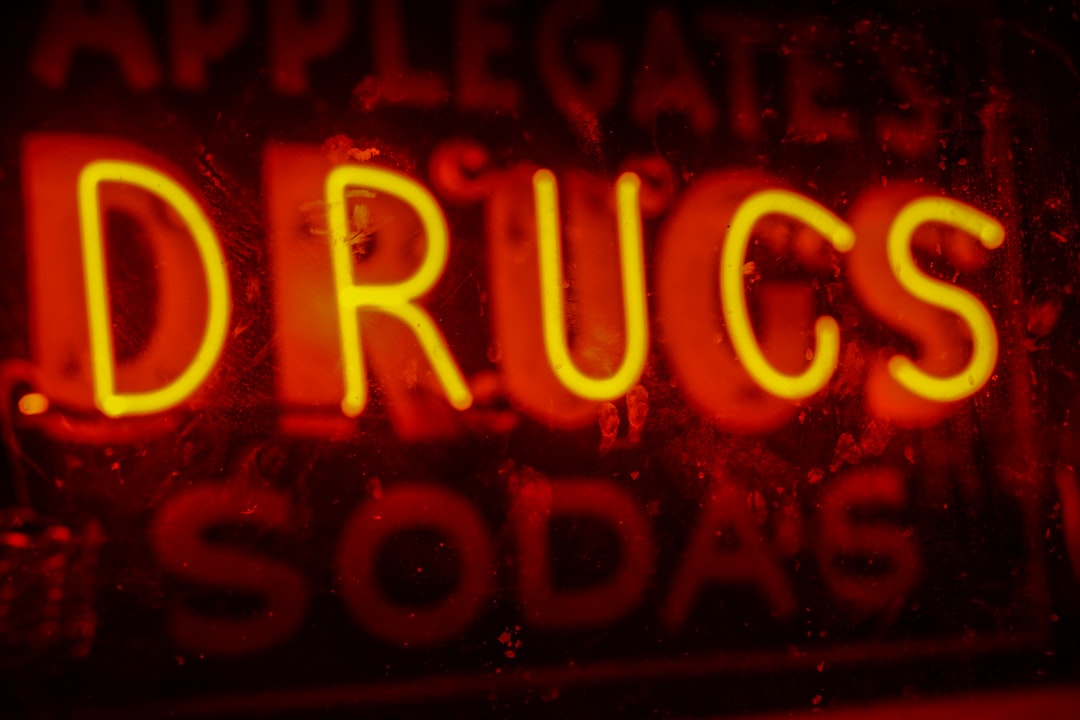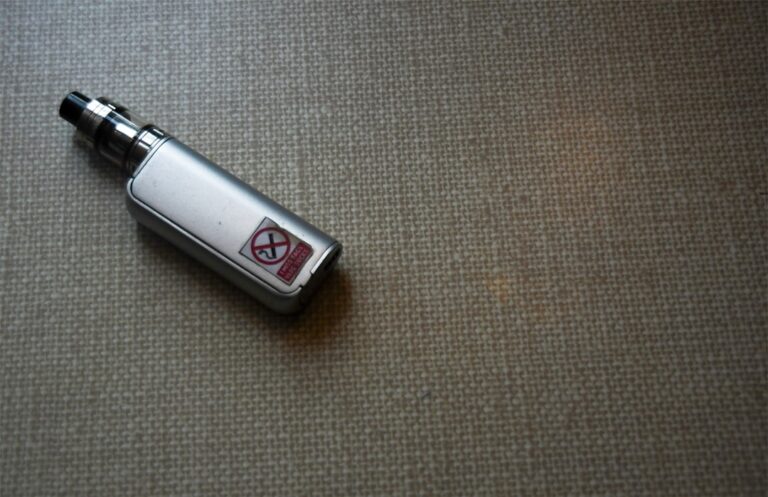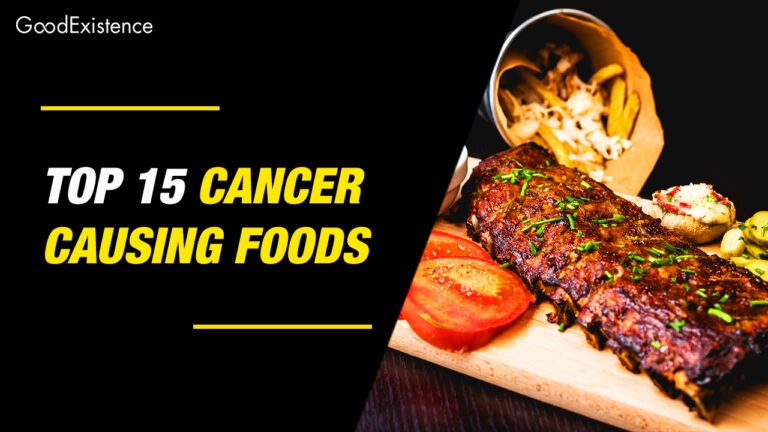
It started with just one more game. Then one more drink. Before I knew it, my "harmless" habits were running my life.
Addiction is a quiet thief. It doesn’t usually announce its arrival with a crash. It slips in through the back door disguised as comfort, fun, or a way to unwind. By the time you notice something is wrong, it has already made itself at home. I know this because I’ve lived it. I’ve battled addictions to gaming, binge eating, smoking, and more. It took me a long time to see the patterns.
Recognizing the early signs is the first and most powerful step toward taking back control. It’s about catching that thief before it empties your house. If you feel like something is a little off in your own life, or in the life of someone you love, maybe some of these signs will feel familiar.
1. It Becomes Your Main Coping Tool
Life throws stress at all of us. A tough day at work, a fight with a loved one, or just general anxiety. We all need ways to cope. But pay attention to how you cope. If your immediate, automatic response to any form of stress is to turn to a specific substance or activity—a drink, a cigarette, a shopping spree, or endless scrolling—that’s a warning sign. It’s no longer just a choice. It’s becoming a crutch you can’t walk without.
2. You Start Hiding It or Lying About It
Secrecy is a huge red flag. Maybe you start minimizing how much you drink. Or you wait until your family is asleep to start gaming. You might hide food wrappers or delete your browser history. If you feel the need to hide your behavior from the people who care about you, it’s because a part of you already knows it’s a problem. Honesty gets uncomfortable when a habit starts turning into a compulsion.
3. Your Other Interests Fade Away
Remember the hobbies you used to love? The things that brought you genuine joy? Maybe it was reading, hiking, spending time with friends, or working on a project. Addiction slowly pushes everything else to the side. The substance or behavior becomes the main event, and everything else is just filler. If your life is becoming a one-note song, it’s time to listen closely.
4. You Get Defensive
"I can stop whenever I want."
"It’s not a big deal."
"You’re overreacting."
Do any of these sound familiar? When someone you love brings up your habit, you might get angry. You make excuses. You try to turn the conversation around. This defensiveness is a defense mechanism. It protects the addiction because the thought of giving it up is genuinely scary.
5. You Continue Despite Negative Consequences
This is a big one. Your habit is starting to cause real problems, but you do it anyway. Maybe your health is suffering. I know this one well. My binge eating led me to gain over 110 pounds, and I felt terrible. But I kept doing it. Maybe your finances are a mess, your work is slipping, or your relationships are strained. When you can see the damage clearly but feel powerless to stop the cause, that’s a sign things are getting serious.
6. You Lose Track of Time
Have you ever sat down to do something for "just a minute" and looked up to find hours have vanished? I remember this clearly with video games. I’d sit down for a quick session. The next thing I knew the sun was coming up. I’d lost a whole night. This time-warp effect is common in behavioral addictions. The activity is so consuming that the rest of the world just disappears.
7. Your Relationships Start to Suffer
Addiction makes you selfish. Not because you’re a bad person, but because the addiction demands all your attention and energy. You might cancel plans with friends to stay home and drink. You might be irritable and distant with your family because you’re thinking about your next fix. When your connection to your habit becomes stronger than your connection to people, you are on a dangerous path.
8. You Make Promises You Can't Keep
"This is the last time."
"I’ll start fresh on Monday."
You genuinely mean it when you say it. You want to change. But when the craving hits, your resolve crumbles. This cycle of making and breaking promises to yourself (and others) chips away at your self-esteem and creates a feeling of hopelessness. It makes you feel weak, which often drives you right back to the very habit you’re trying to escape.
9. You Need More to Get the Same Feeling
The first time you did it, it felt great. The buzz, the escape, the excitement was powerful. But over time, that feeling gets weaker. So you need more of it—more drinks, more time online, more food, higher stakes—just to feel normal again. This is called tolerance. It’s your body and brain adapting, and it’s a classic sign that a habit is shifting into an addiction.
10. It Takes Up a Lot of Mental Real Estate
How much of your day is spent thinking about the habit? You might be planning when you can do it next. You might be recovering from the last time you did it. You might be worrying about its consequences. When a single behavior dominates your thoughts, it’s no longer a small part of your life. It is becoming your life.
So What's the Next Step?
Recognizing these signs isn't about shame. It's about awareness. It’s the light that shows you the way out. If you see yourself in these points, please know you are not alone and there is hope. Here are a few simple first steps:
- Be Honest With Yourself. The first step is to drop the defenses and admit it. Just for a moment, be completely honest. Say it out loud if you have to: "My drinking is a problem." "I can't control my gaming." Acknowledgment is not defeat. It is the beginning of your victory.
- Talk to Someone. Secrecy is addiction’s best friend. Break the silence. Talk to a trusted friend, a family member, a pastor, or a professional counselor. Bringing it into the light immediately reduces its power over you. You don’t have to carry this burden by yourself.
- Find a Healthy Replacement. When you take something away, you need to fill that space with something good. When I stopped numbing myself with bad habits, I needed a new focus. I started with short walks. I started celebrating tiny wins. I built a productive routine with short bursts of focused work. Find a positive, healthy activity to turn to when a craving hits.
- Lean on Your Faith. For me, a huge part of my healing was strengthening my relationship with God. Prayer wasn't a last resort. It became my first line of defense. I found purpose beyond my temporary urges. If you have a faith, lean into it. Find strength in something greater than your struggle. True freedom and purpose are found there.
You are not defined by your struggles. You are being refined by them. Seeing the signs is your chance to change the story.
What is one small step you can take right now to find freedom?





